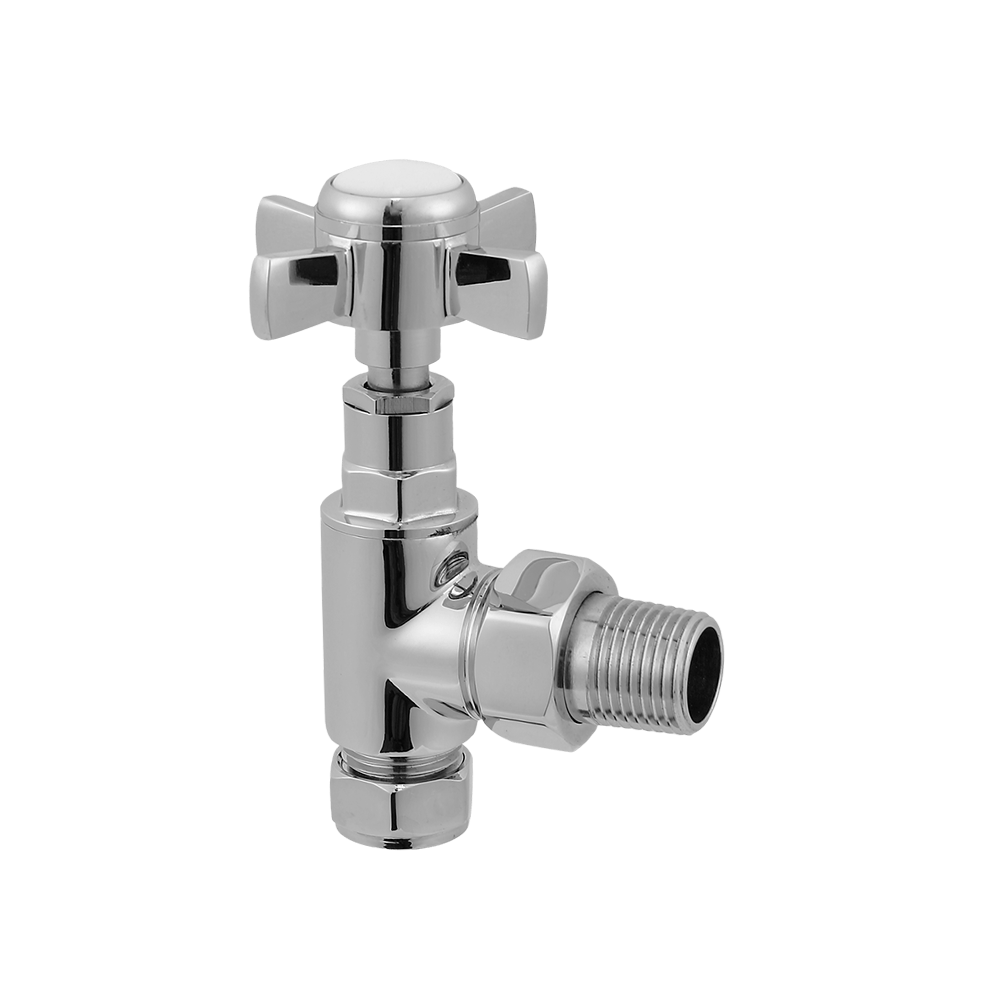Brass angle valves are an essential component in the plumbing systems of both residential and commercial buildings. These valves are designed to control the flow of water or other fluids by partially or fully opening or closing a passageway. Made from brass, a durable and corrosion-resistant material, they are known for their longevity and reliability.
One of the primary benefits of brass angle valves is their ability to withstand high pressure and temperature fluctuations without compromising their structural integrity. This makes them ideal for use in systems that require precise control over fluid flow, such as in heating and cooling systems or industrial processes.
Another advantage of brass angle valves is their resistance to tarnishing and corrosion. Unlike other metals, brass does not react with water, which means that these valves can be used in environments where water quality may be questionable. This resistance also means that brass angle valves require minimal maintenance, reducing the overall cost of ownership.
In terms of design, brass angle valves come in various sizes and configurations to suit different plumbing needs. They can be found in 90-degree or 45-degree angles, allowing for flexible installation in tight spaces or where directional changes in pipe runs are necessary.
Safety is also a key consideration with brass angle valves. They are equipped with features such as leak-proof stems and tight-sealing mechanisms that prevent water from escaping, reducing the risk of water damage and potential accidents.
In conclusion, brass angle valves are a critical element in modern plumbing systems. Their durability, resistance to corrosion, and ability to handle high pressures make them a popular choice among plumbers and engineers. By ensuring the efficient flow of water and other fluids, brass angle valves play a vital role in maintaining the functionality and safety of our built environment.

